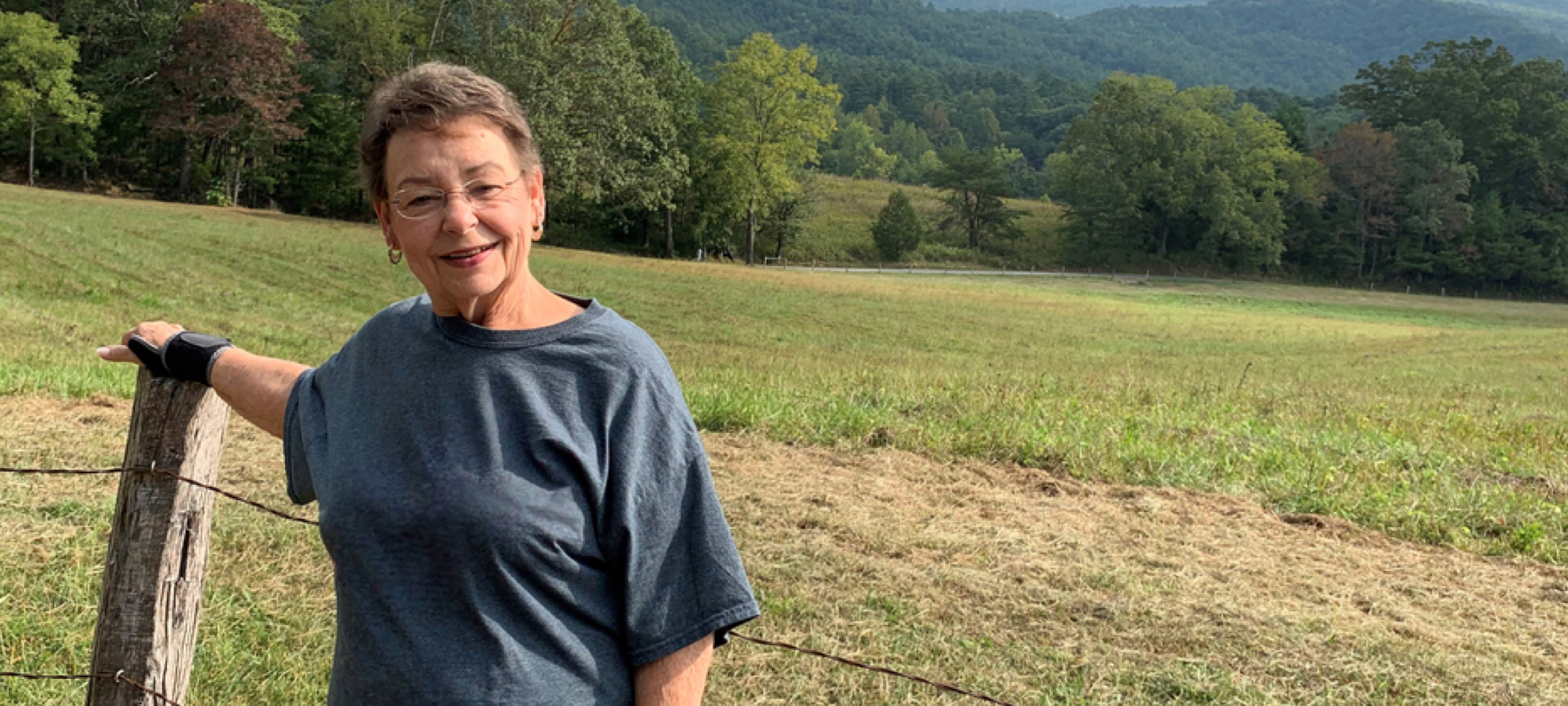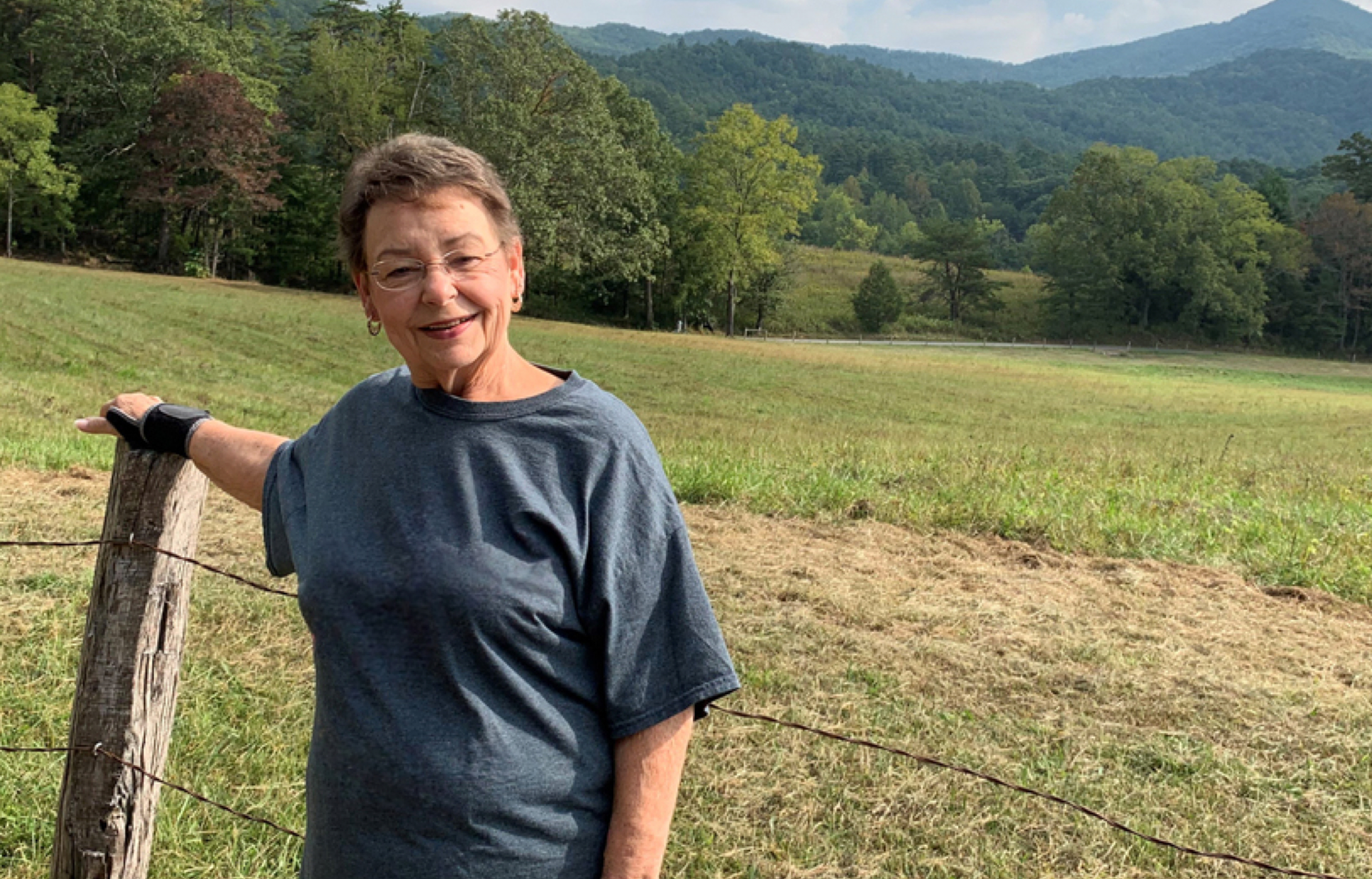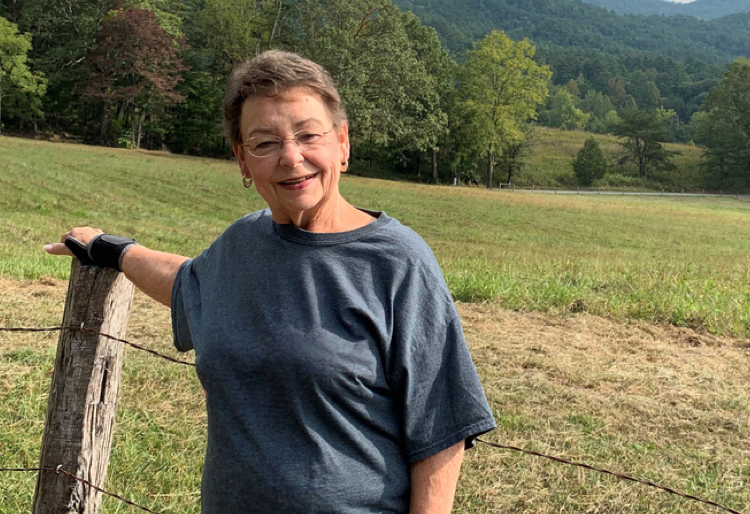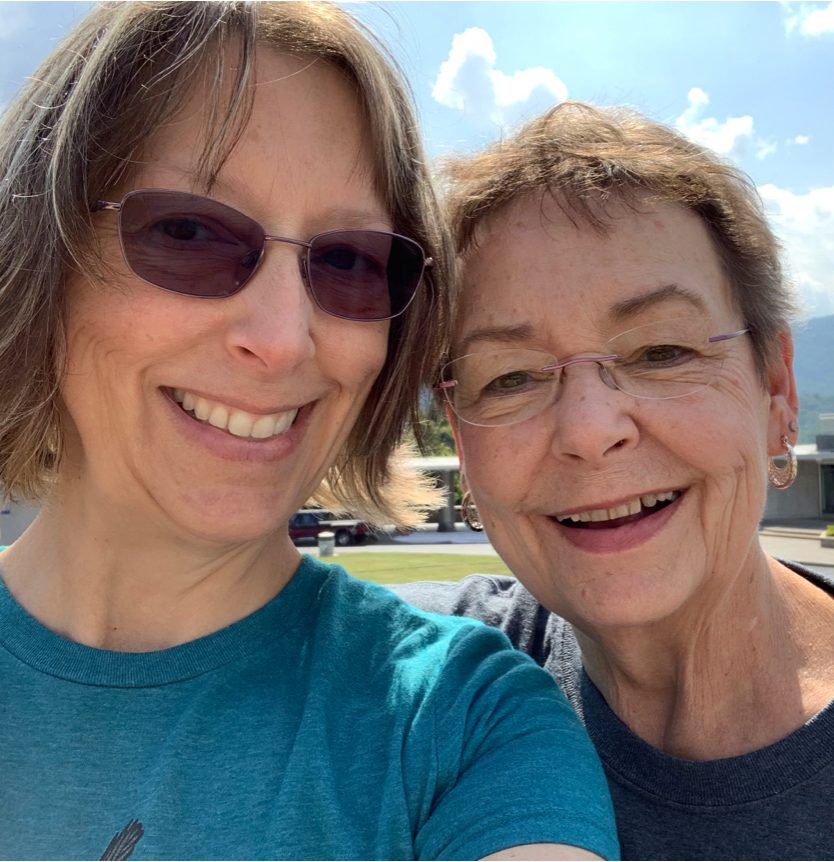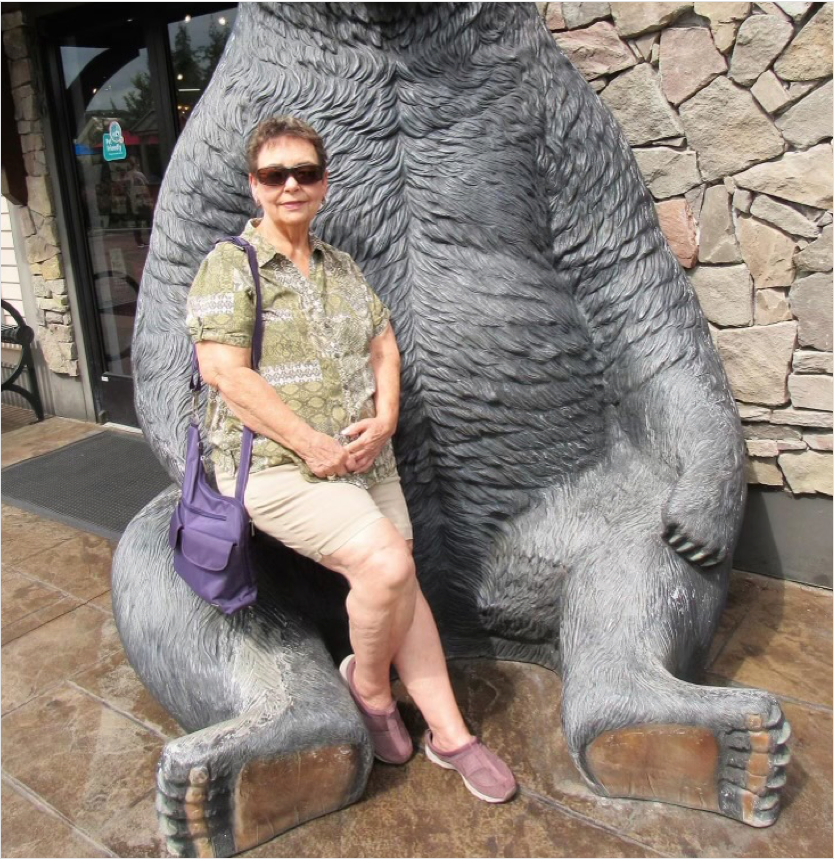I was in my car at a red light when the double vision hit. Nothing could have prepared me for the shock and terror of being behind the wheel of a car and realizing that I couldn’t rely on my eyes. I knew right away that I needed help, and I was willing to try anything.
I’m no stranger to working through challenges in my life. I was a military wife for 17 years before my first husband and I separated. When that happened, I knew it was up to me to support my family, so I worked my way up from a secretary in the government to a mechanical engineering technician. I eventually remarried, and my second husband and I did everything together. He was my best friend, and my work made me happy and confident in ways I hadn’t felt before. But when he passed away suddenly in 2015, I really struggled to find purpose in my life without him. Eventually, I found that purpose in an unexpected way: working with other grieving families in my community who are going through a loss like the one I experienced.
So when the double vision started, I knew it was another challenge to face head-on. Unfortunately, the symptoms in my eyes progressed to the rest of my body. I had muscle fatigue, a weakened voice, and general fatigue. I had to stop doing many of the things I loved, like sewing, watching TV, reading, and attending events and activities with my friends and family. I was couch-ridden. I was sad. I felt like I had lost my purpose again.
My primary care doctor ran a bunch of blood tests, including an antibody test, and diagnosed me with anti-AChR antibody positive gMG. My symptoms were still severe, but I felt a sense of relief because I knew what was causing them and I could take action. I was ready to try anything to reduce my symptoms. She referred me to a general neurologist who prescribed me a few medications. The first medication he prescribed didn’t help me, and the side effects actually made me feel much worse. The next medication he prescribed me didn’t have bad side effects, but I didn’t feel any symptom improvement. At that point, the relief I felt from being diagnosed was gone, and I was starting to feel hopeless.
